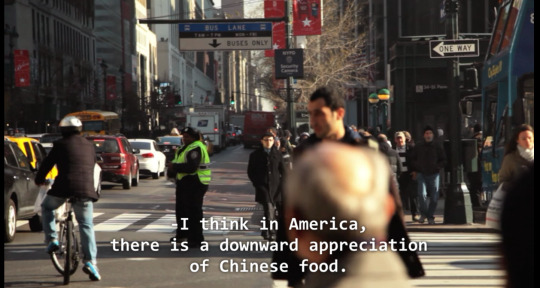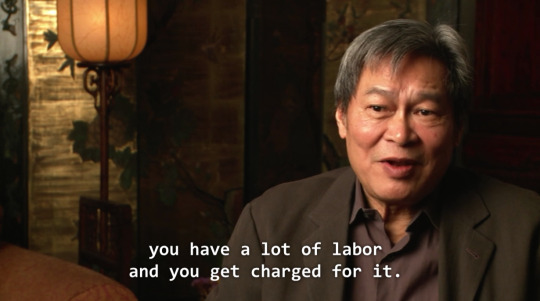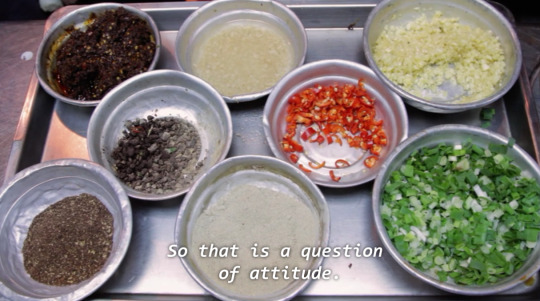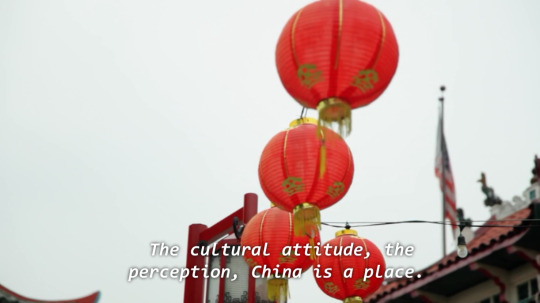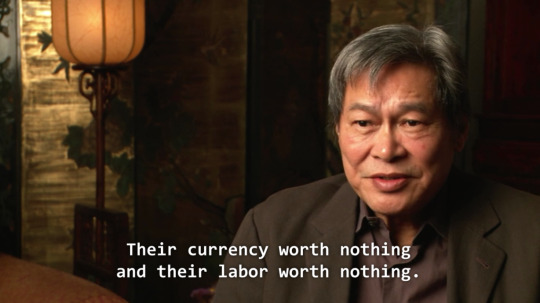Niru | she/her | California | Fire Emblem, Pathologic, Breath of the Wild, Socialism, general historical fuckery. I write overly complicated fics and complain a lot in my tags!
Don't wanna be here? Send us removal request.
Text
A new report tracking hate crimes in India during the first year of Prime Minister Narendra Modi’s third term has documented nearly 950 incidents, with religious minorities—especially Muslims and Christians—bearing the brunt of the violence and hate speech.
The report, jointly compiled by the Association for Protection of Civil Rights and the Quill Foundation, recorded 947 hate-related incidents from June 7, 2024, to June 7, 2025. These include 602 hate crimes and 345 instances of hate speech, many of them linked to members or affiliates of Modi’s ruling Bharatiya Janata Party (BJP).
“Despite the increasing intensity and occurrences, there is no institutional effort to record or document hate crimes,” the report said. It noted that while atrocities against Dalits are tracked under Indian law, no similar mechanism exists for religious minorities.
Muslims were the primary victims, with 1,460 affected in 419 incidents. Christians, while fewer in incident count, accounted for 1,504 victims in 85 attacks. At least 25 Muslims were killed, and 173 incidents involved physical violence.
Hate speech also intensified, with 178 of the 345 incidents attributed to BJP-linked individuals, including Prime Minister Modi and several chief ministers. Two judges and a governor were also reported to have made inflammatory remarks, sparking concern about the institutional normalisation of hate.
12 notes
·
View notes
Text
We are seeing the same playbook as Iraq and a lot of Iraqi diaspora also said the same things when it was ongoing. Regardless of how you feel about the Iranian government, do not fucking do CIA job
11K notes
·
View notes
Text
idk who needs to hear this but if you have been putting something off bc it doesn't need to be done until the end of the month. we are almost done with the teens we are approaching the big numbers (the twenties). that date shall dawn upon you swiftly and without mercy before you know it. psa for everyone except me i got plany off time
137K notes
·
View notes
Text



it was worth a try
43K notes
·
View notes
Text





THE GOLDEN VOYAGE OF SINBAD (1973) — Dir. Gordon Hessler
6K notes
·
View notes
Text
If things are going bad in your life the most important thing you can do is fixate on a era of your life you can never return to. It is really important to romanticize it and remember it so incorrectly that it’s more of a false idol for worship than a memory. No one has ever successfully returned to the idealized past but you will be the first to succeed. You will succeed you simply must recreate a false and limping facsimile of who you were back then. You must ignore your beautiful opportunities to live your present life. It is important to unbury a peaceful corpse and climb inside it. I promise it will feel just as good as you remember.
2K notes
·
View notes
Text
internet politics and real-world politics have gotten so separated, and pretty soon all this internet weirdness is gonna come crashing into real life and politicians are gonna start throwing around words like “SJW” and “anime communist” and “dark enlightenment” and it’s just gonna be the most ridiculous fucking thing
149K notes
·
View notes
Text
One of the arrogant achievements of Victorian imperialism was to establish the hegemony of an European world clock, ticking off years, decades and centuries in accord with a[n] […] eschatology that invests terminal years with occult significance. The current [1999-2000] “millennium madness” simply shows how such culturally specific reifications of time can become potent material forces in their own right. […]
But sometimes centennial turning points accidentally meet the expectations (or apprehensions) that our […] cargo cults, including academic history, assign to them. A case in point is the ending of the 19th century. Fin d’siecle is obviously a weather-beaten concept in the periodization of Western cultural history - the antechamber to literary and artistic Modernism - but […] it also corresponds with a watershed at a more structural level of the global system. […] [T]he period 1896 to 1902 is an epochal crossroads where fused social and environmental cataclysm completed the imperialist division of humanity into two worlds, that was initiated by the Opium Wars and the suppression of the Indian Mutiny.
—
Contrast […] the experiences in the late 1890s of the colonizing and colonial (or neo-colonial) nations. For Europeans and their North American cousins […] “the wheel turned” in 1896 and the long depression that had started with the Panic of 1873 was replaced by a new boom. […] In all of western Europe, these years (1896-1914) live on in memory as the good old days - the Edwardian era, la belle epoque.
For most non-Europeans […], on the other hand, the turning of the century was a dark age of colonial war, indentured labor, concentration camps, genocide, forced migration, famine and disease. The New Imperialism fatefully coincided with synchronized global drought, which we now know was [partially] caused by back-to-back El Nino events in 1896-97, 1899-1900 and 1902, to bring about food shortages in Korea, China, the Philippines, Java, India, southeastern Africa and Brazil. […] [Much] of the earth’s population - mostly in what would become known as the “third world” - was directly affected […]. The ensuing famines […] directly killed at least 20 million people […] [and were] strongly coupled, in turn, to the ecological disorder arising from war, colonial agriculture and [imperial coerced labor] emigration. […]. As health and longevity standards dramatically rose in industrial cities of Europe and North America, they were collapsing throughout the rural colonial periphery. The century’s end thus became a radical point of division in the experience of humanity. As a result, the fin de siecle in the non-European world careened toward an apocalyptic […].
—
[By 1897] [British officials] estimated that 4.5 million poor people had perished [so far in the preceding year]. In the [British] Punjab, […] [t]he poorhouses, meanwhile, were converted cattle-pens terrorized by overseers […]. By February 1900 [in British Bombay], […] [s]ome hospitals reported 90 percent mortality, and in one camp alone, there were 3000 deaths in four days. […] [T]he [British] Bombay government, hungry for more income, decided that “the revenue must at all costs be gathered in” […]. But dying children in remote taluks, of course, were no more allowed to interrupt the gaiety of the Empress of India’s [British Queen Victoria] Diamond Jubilee in June 1897 […]. Brazil’s 19th century ended in a bloody sunset of drought, famine and […] state violence. […] Rural credit was non-existent (London still firmly controlled Brazil’s finances) and the sertao’s reliable water resources were jealously monopolized by a few large landowners. […] In Tanganyika, the murderous drought of 1898-1900 […] combined with rinderpest and the colonial iron heel […]. The introduction of monetary taxation in 1898, as elsewhere, was designed to hammer autonomous peasants into malleable wage-laborers on German plantations. […]
“Famine,” wrote one missionary from Kenya in 1899, was “a marvellous opportunity.” “What opportunities these days!” echoed an American missionary the same year from a devastated district in India. Indeed the fin d’siecle cataclysm accelerated the tropical trade in souls as well as indentured labor. […] [P]lanters [plantation managers] and labor contractors were exploiting the global subsistence crisis (as they had on a smaller scale in 1876-79) to harvest workers for the rubber forests of Para, the deep mines of Witwaterstrand, the sugar plantations of Hawaii, Fiji, Guyana and Natal, and the tea estates of Assam and Ceylon. Later millions more would be converted into coolies or cannon fodder during the great slaughter of 1914-18 [”the Great War”]. […]
The late Victorian holocausts […] minted the “prisoners of starvation” […]. [W]e have much more to learn about the precise interaction of natural disaster and imperial policy, the world economy and regional ecological crisis […].
—
All text above by: Mike Davis. “A world’s end: Drought, famine and imperialism (1896 - 1902).“ Capitalism Nature Socialism Volume 10, Issue 2, pages 3-46. 1999. Published online 25 February 2009. [Bold emphasis and some paragraph breaks/contractions added by me. Presented here for commentary, teaching, criticism purposes.]
887 notes
·
View notes
Text
I think the only true conclusion one could ever draw about Sabrina carpenter from her music is that she has a kinda weird relationship with gender, where she can never truly decide if being a woman is a good & powerful thing or a bad & weakening thing, and she can never decide if that’s her own fault or the fault of the male society in which she lives. this is not a criticism to be clear: that seems like a very normal way to engage with the world to me. it’s just funny to me that the seemingly most personally revealing aspect of her music is the way she seems to have no idea how to live as a straight woman. I can’t relate to this at all because I am not a straight woman, but man does it seem accurate to the experiences of straight women that I know. Straight women sound off. If you’re out there. Straight women can you hear me? Is it that me espresso?
4K notes
·
View notes
Text
the notion of the land of jerusalem as jewish homeland that they were exiled from and have special claim to is both fundamental to zionism and has to some extent existed in jewish scripture and life almost continously for two thousand years.
see, judaism is just another religion whose scripture can be deployed for evil. the rest of us don't really have to care about the complicated bargains antizionist jews have to make to reconcile their faiths.
the secular bargain is this – your faith can be practiced and its practice should be protected in so far as you do not harm either believers or non believers. their is a higher authority than gods and priests, of human reason and democratic consensus that judges the moral worth of your actions and what counts as harm. the casteism of the vedas and puranas is the bedrock on which upper castes have long violently attempted to create a defacto apartheid. misogyny suffuses the old testament and the new and the quran. so do justifications for assimilation and violence against non believers.
the scriptural surgery and theological work for making religious life truly compatible with secular democracy can and probably should remain internal to those religions. but we don't govern societies waiting for that work to be done. and therefore whether or not israel is the mythologised israel or that jews deserve a homeland really is irrelevant to the question of whether the authority of modern day israel is illegitimate.
and that's the liberal humanist case against israel.
236 notes
·
View notes
Text
It's important to remember that Luigi Mangione is being framed for murder. The "evidence" they have on him is absolute clown shoes absurd.
They're trying to win this by swaying public opinion. That's why they're doing movie deals about it and staging ridiculous photo ops.
They're gonna try to give this kid the death penalty to cover up for their own gross incompetence and in the hopes that they scare the working class out of trying to fight back.
Please don't help them do this by using his name as a synonym for political assassinations. Please do not perpetuate the idea that he's guilty.
39K notes
·
View notes
Text

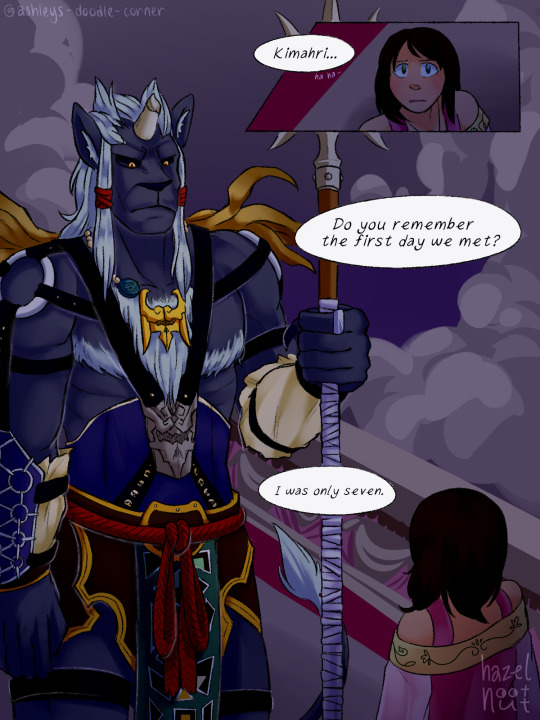

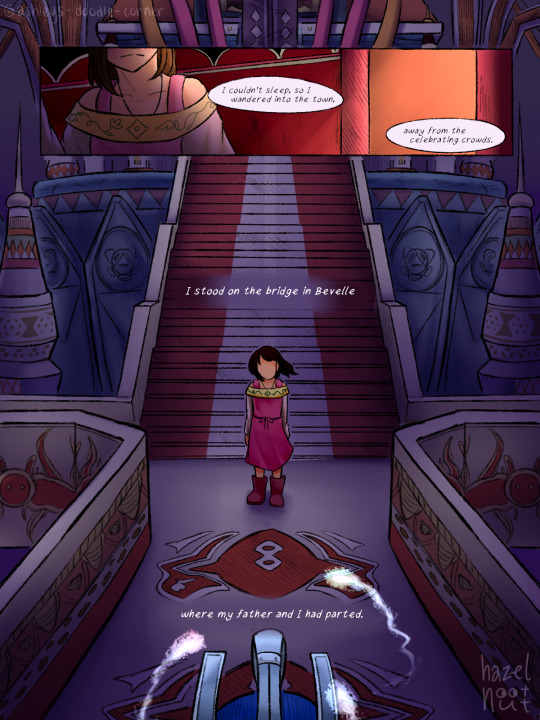
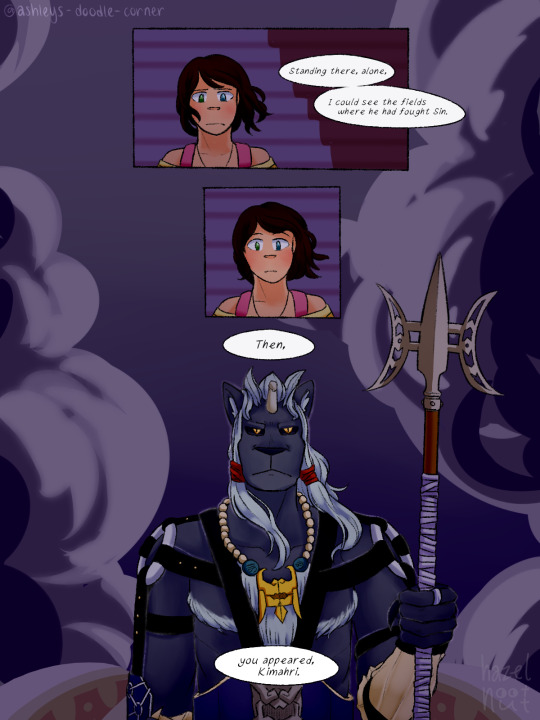
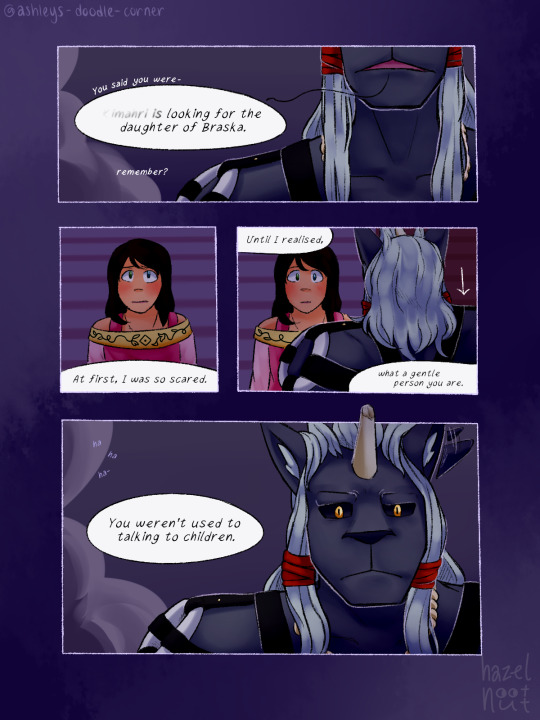
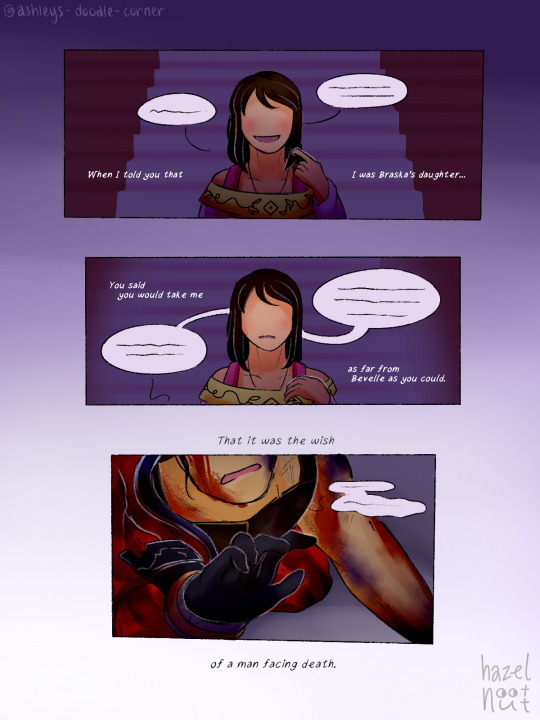
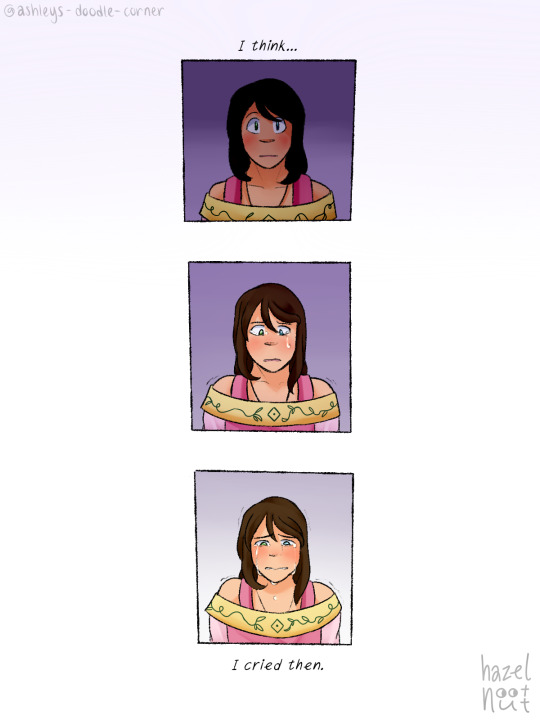
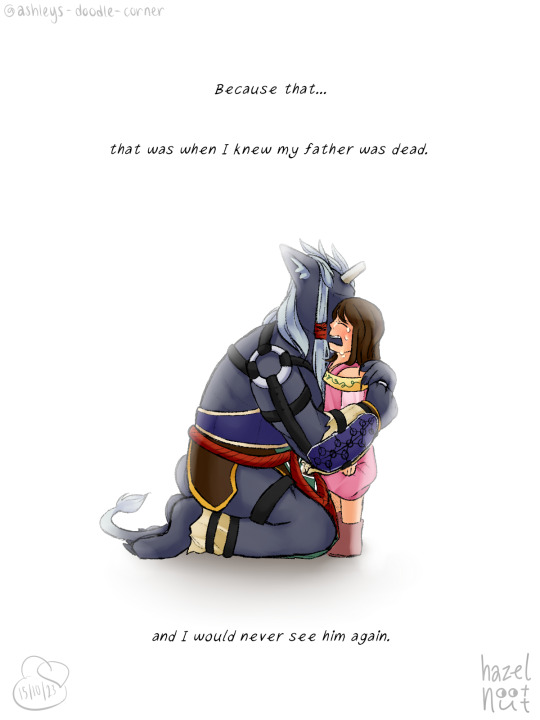
You just held me, without saying a word.
So I have been done with the game for a bit now and I did the redraw of the introduction scene of the game (thanks for the response on that by the way!), but I've been wanting to do a visualisation of the part in Yuna's sphere about Kimahri for a while now. It just felt very visceral hearing her talk about the Calm her dad brought and then the sheer realisation that she was truly never going to see him again.
This took a while due to on and off bursts of motivation and energy, but I think it turned out alright.
373 notes
·
View notes
Text
As a wheelchair user I'm trying to reframe my language for "being in the way."
"I'm in the way," "I can't fit," and "I can't go there," is becoming "there's not enough space," "the walkway is too narrow," and "that place isn't accessible."
It's a small change, but to me it feels as if I'm redirecting blame from myself to the people that made these places inaccessible in the first place. I don't want people to just think that they're helping me, I want them to think that they're making up for someone else's wrongdoing. I want them to remember every time I've needed help as something someone else caused.
70K notes
·
View notes
Text
while i'm riled up about it it is Fascinating to me the way that klingons are intentionally depicted as less advanced than humanity both technologically and culturally bc of their "warlike nature", creating an Other through which 24th century humans can define themselves as superior in relation to in a direct parallel to how 19th century anthropology helped white europeans define themselves as "more evolved" by depicting indigenous (especially african) populations as living fossils of earlier stages of evolution. by locating the Other as unevolved or a relic of the past you create a comforting fiction in which You are above such things (as war, as conquering, as everything klingons do that humanity wants to distance itself from) and its effective enough rhetoric that i've had trekkies in my replies telling me the klingons are like that bc they "never advanced past their medieval age"
#the more i think about star trek#the more uncomfortable i get with the fundamental idea of the prime directive#because it leads to ranking peoples and aliens like this#as if there are progressive scales that every culture or civ will progress along#we all understand that marxist theories of civilizational evolution was wrong in academia#and based on understandings of progress that were fundamentally racist#but it's so hard to get trek to change or even reflect on that#star trek
259 notes
·
View notes
Text
There’s a post about how we need more female characters who genuinely care about people but are really bad at caregiving, and honestly that fits Kira Nerys really well. I’m thinking of Starship Down where she’s tasked with looking after Sisko and keeping him conscious when he has a head injury, and she just starts visibly flailing despite making an effort to hold it together. “Listen up…. because there’s going to be a test later” and then trying to keep him alert by droning on about duty rosters because she gets Task-Oriented when things are in dire straits and does not know how to scale things to a more personal level with someone she has a working relationship with.
Like, so much of how she deals with emotionally fraught situations is by getting up and doing something about them (even so far as traveling back in time) or just keeping busy to avoid dwelling on the matter at hand. When her father was dying, her response was to go out and kill some Cardassians about it, and then order another attack upon his death, rather than sit by his bedside. When Bareil died (pre-resurrection via mad scientist noodling) she went right back to work despite Bashir telling her she didn’t have to. It is a trauma mindset from someone who witnessed a lot of death and suffering and had no choice but to pick up and keep moving and keep fighting. And when she has to sit down and really focus on someone else’s vulnerability, it’s very uncomfortable for her. She cares very deeply about the people around her but she’s clumsy about it.
2K notes
·
View notes
